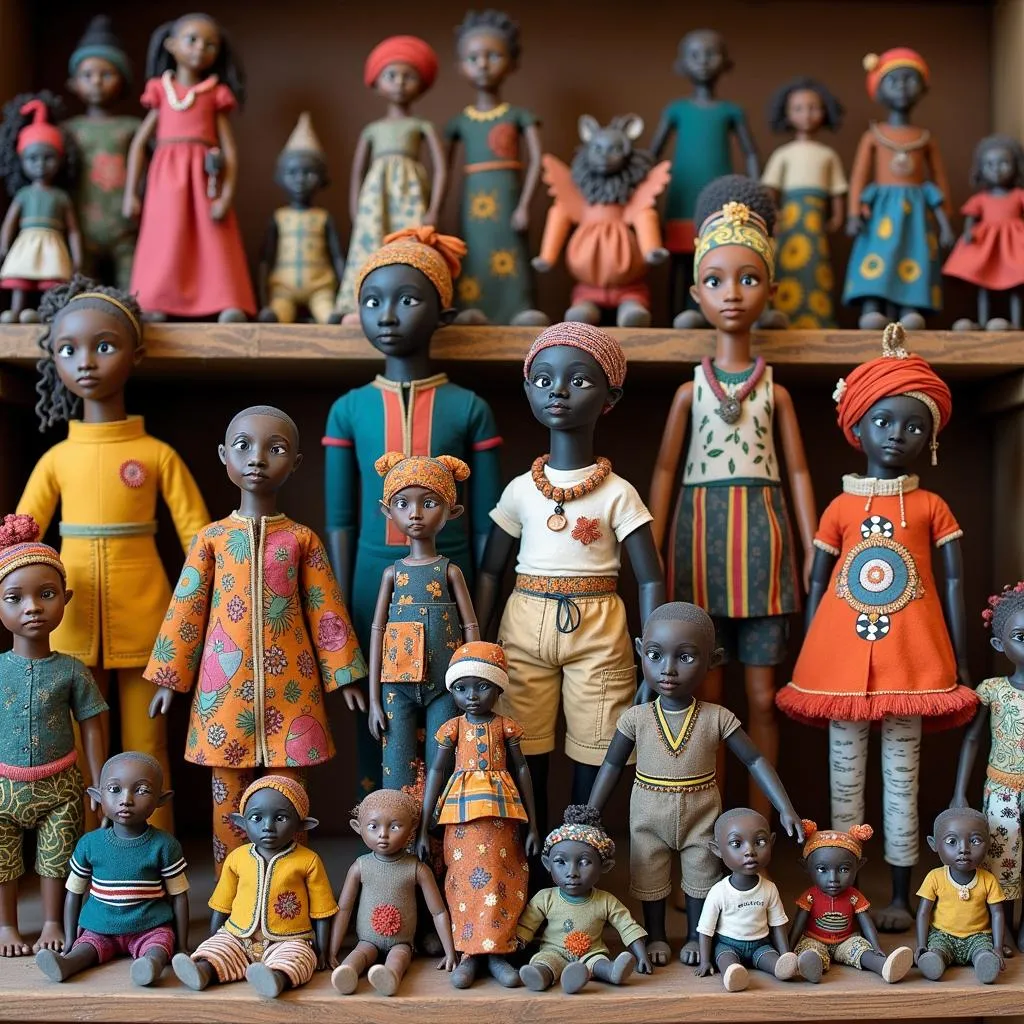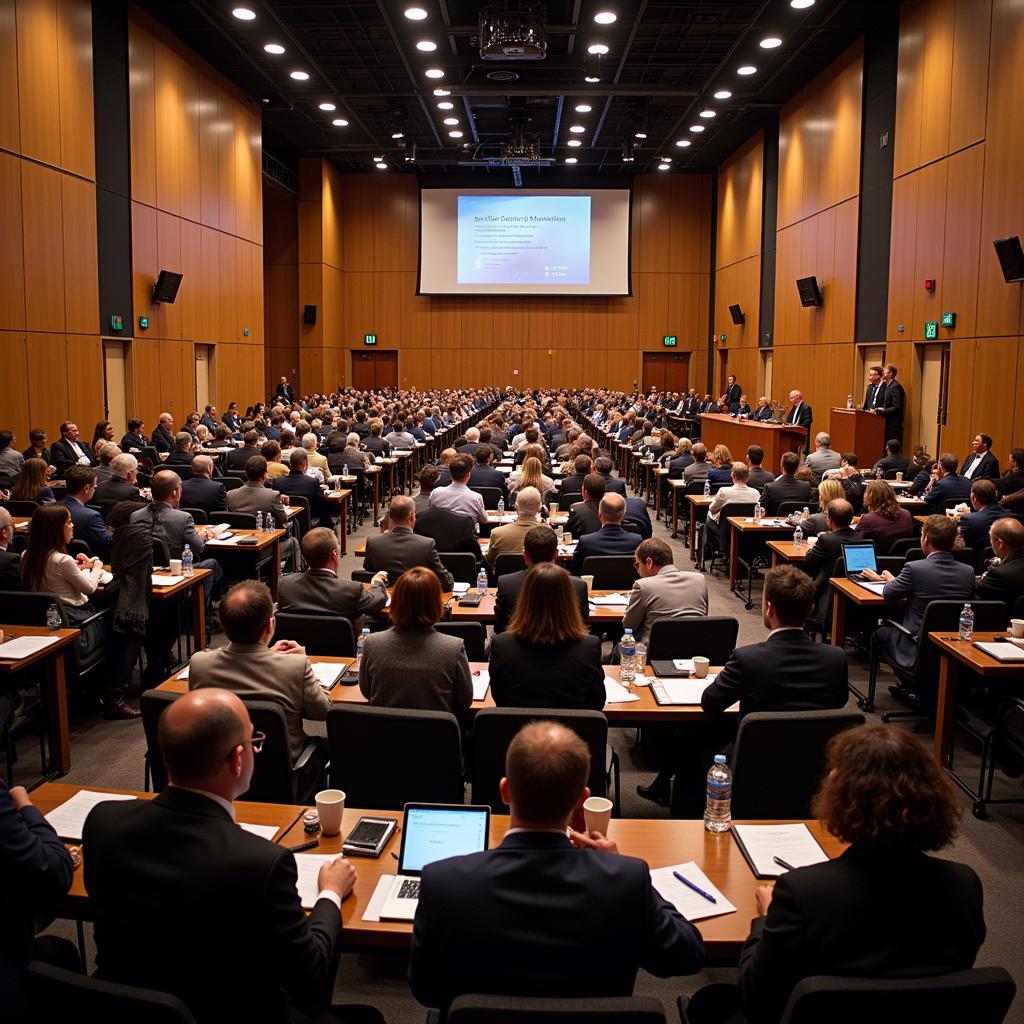Fascinating Facts About the African Diaspora
The African diaspora is a term that encompasses the global dispersion of people of African descent, primarily as a result of the transatlantic slave trade. From the Americas to Europe and beyond, the diaspora has left an indelible mark on world history, culture, and society. Exploring the African diaspora reveals a rich tapestry of stories, resilience, and enduring legacies. Let’s delve into some fascinating facts that illuminate the profound impact of this global movement:
The Impact of the Transatlantic Slave Trade
The transatlantic slave trade was a brutal period in history that forcibly uprooted millions of Africans from their homes and brought them to the Americas.
Here are some key facts about this tragic period:
- The numbers are staggering: Between the 16th and 19th centuries, an estimated 12.5 million Africans were forcibly transported across the Atlantic, with a further 2 million dying during the journey.
- The trade’s lasting impact: The transatlantic slave trade had a devastating impact on Africa, resulting in immense loss of life, economic disruption, and societal upheaval.
- Cultural transmission: Despite the horrors of the slave trade, African cultures were preserved and transmitted through generations. The diaspora’s music, food, language, and traditions are testament to the resilience of African heritage.
The African Diaspora in the Americas
The Americas became the primary destination for the African diaspora, with a profound impact on its cultural landscape.
Here are some highlights:
- African American culture: African Americans have made significant contributions to American culture in music, literature, art, and sports.
- The Caribbean: The Caribbean islands are home to diverse African diaspora communities, each with unique cultural expressions. Island nations like Jamaica, Barbados, and Haiti bear witness to the rich blend of African and European influences.
- Latin America: In countries like Brazil, Cuba, and the Dominican Republic, African heritage is deeply interwoven with the national identity.
“The African diaspora’s resilience and cultural richness are a testament to the human spirit,” says Dr. Aisha Williams, a leading scholar of African diaspora studies.
The African Diaspora in Europe
The African diaspora in Europe is a more recent phenomenon, primarily driven by migration from Africa and its former colonies.
Here are some key points:
- Post-colonial migration: Following the end of colonialism, many Africans migrated to European countries seeking opportunities and a better life.
- Cultural integration: European nations have faced challenges in integrating African diaspora communities while fostering cultural diversity.
- The impact on European culture: African diaspora communities have enriched European society with their diverse cultural contributions. Music, food, art, and language are just some of the ways African influences have become part of the European cultural landscape.
“The African diaspora in Europe is a testament to the interconnectedness of our world,” says Professor Michel Dubois, a renowned historian of African migration.
The Global African Diaspora
The African diaspora’s influence extends far beyond the Americas and Europe.
Here are some examples:
- Africa’s influence in Asia: The African diaspora has a significant presence in Asia, particularly in South Africa, where communities of Indian and other Asian descent have thrived.
- The Middle East: African communities have lived in the Middle East for centuries, contributing to the region’s cultural tapestry.
- Australia: Australia boasts a growing African diaspora, with communities representing diverse African nations.
The Importance of Understanding the African Diaspora
Understanding the African diaspora is crucial for a deeper understanding of global history, culture, and social issues.
Here’s why:
- Recognizing the past: Studying the diaspora allows us to acknowledge the legacy of slavery and colonialism and their lasting impact on the world.
- Celebrating diversity: The African diaspora celebrates the rich tapestry of cultures and traditions that have emerged from this global movement.
- Promoting social justice: Understanding the African diaspora helps us to address ongoing issues of racism, discrimination, and inequality.
Conclusion
The African diaspora is a complex and fascinating story of resilience, cultural richness, and global interconnectedness. By exploring the facts about this global movement, we gain a deeper understanding of our shared history and the enduring legacies of African culture. As we celebrate the achievements and contributions of the diaspora, let us also commit to working for a more just and equitable world for all.
FAQ
1. What are some of the challenges faced by the African diaspora?
The African diaspora faces a range of challenges, including racism, discrimination, poverty, and lack of access to education and healthcare.
2. How can we contribute to the empowerment of the African diaspora?
Supporting organizations that work to empower the African diaspora, promoting intercultural understanding, and challenging racism and discrimination are all important ways to contribute.
3. What are some notable figures in the African diaspora?
Notable figures in the African diaspora include Nelson Mandela, Martin Luther King Jr., Marcus Garvey, and many others who have made significant contributions to their communities and the world.
4. What are some ways to learn more about the African diaspora?
There are many ways to learn more, including reading books and articles, attending events, and engaging with organizations that promote understanding and awareness of the African diaspora.

